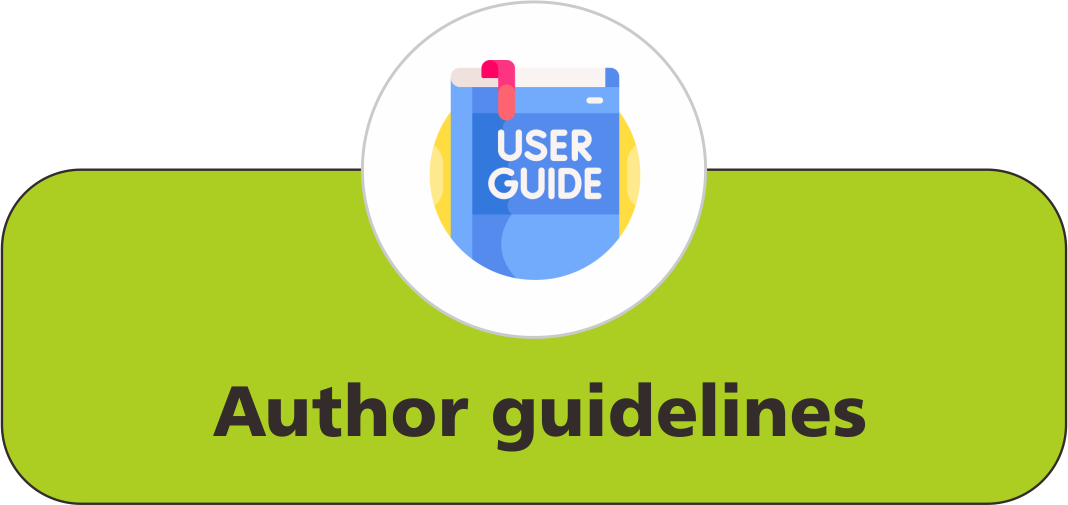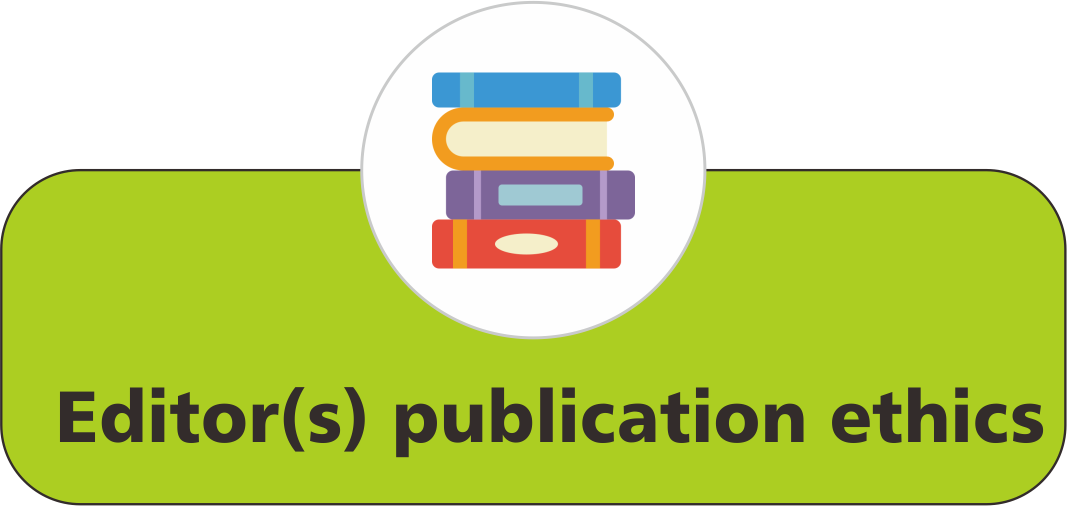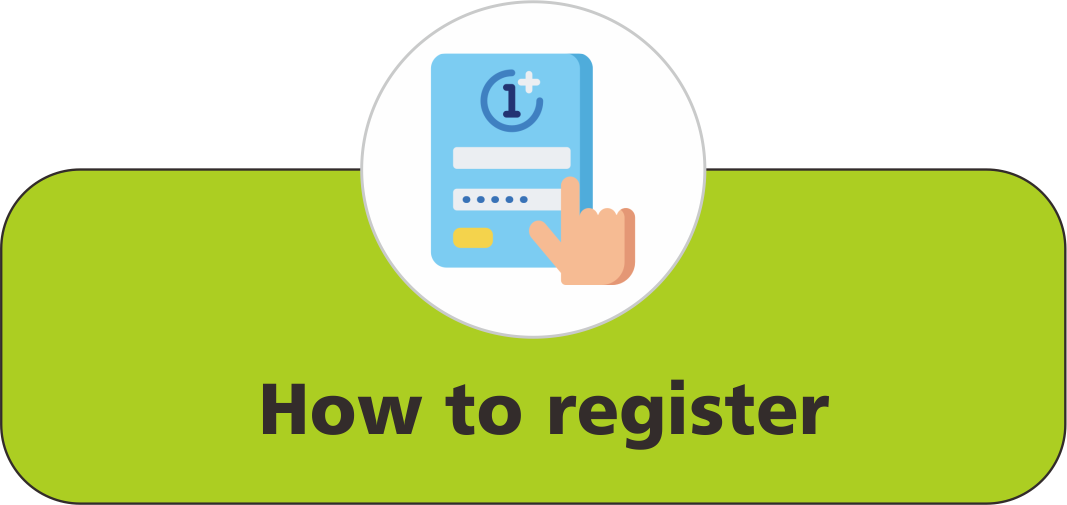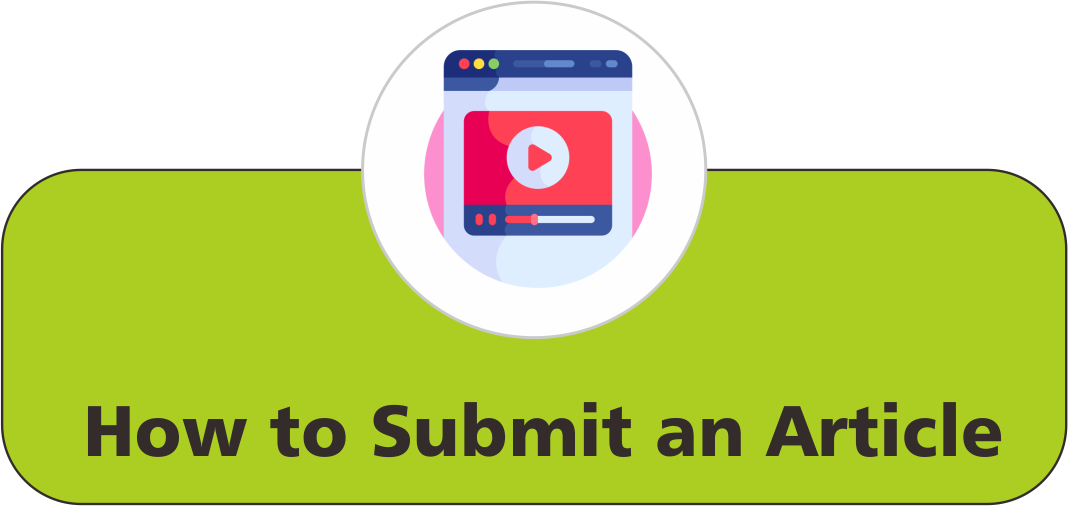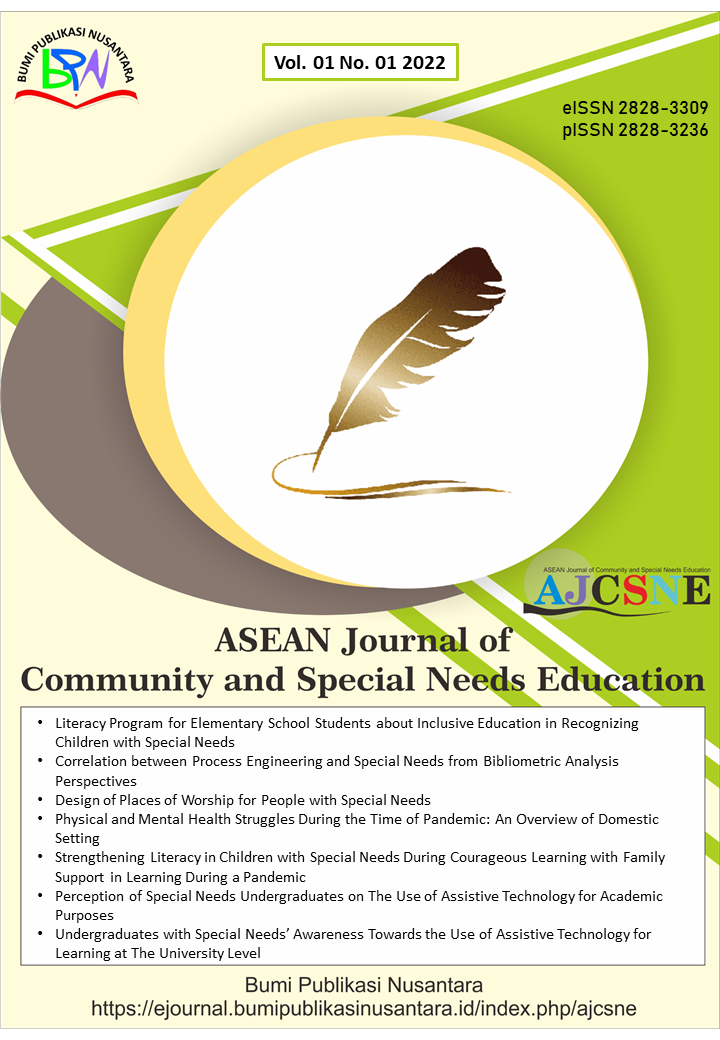Effect of Rhymes on Social Skill Acquisition of Children with Special Needs
 ), Lawal Kaosarat Yetunde(2),
), Lawal Kaosarat Yetunde(2),
(1) Kwara State University
(2) Kwara State University
 Corresponding Author
Corresponding Author
Abstract
Keywords
References
Arini, F. D., Sunardi, S., and Yamtinah, S. (2019). Social skills of students with disabilities at elementary level in inclusive school setting. International Journal of Multicultural and Multireligious Understanding, 6(1), 52-59.
Bryant, P. E., Bradley, L., Maclean, M., and Crossland, J. (1989). Nursery rhymes, phonological skills and reading. Journal of Child Language, 16(2), 407-428.
Farrell, M. (2001). Community progress resources funding inclusive target access: Standards and special changes. Transformations in Education, 2(2), 93-105.
Gomes, R. and Pereira, A. (2014). Influence of age and gender in acquiring social skills in portuguese preschool education. Psychology, 5, 99-103.
Haase, V.G. (2005). The matson evaluation of social skills with youngsters (MESSY) and its adaptation for Brazilian children and adolescents. International Journal of Psychology, 39(2), 239-246.
Hery, I. S. P., and Arshad, I. (2020). Using nursery rhymes to enhance vocabulary among young English learners in Indonesia. International Journal of Management, 11(9), 212-226.
Kenney, S. (2005). Nursery rhymes: Foundation for learning. General Music Today, 19, 28-31.
Lakshmi, H. V., Geetha, C. V., and Murthy, K. N. (2009). Parental perspective towards the education of visually impaired children. Asia Pacific Disability Rehabilitation Journal, 20(2), 84-91.
Lieberman, M. and Rosenthal, R. (2001). Why introverts can’t always tell who likes them: Multiasking and nonverbal decoding. Journal of Personality and Social Psychology, 80, 294–310.
Matson, J. L., Mayville, E. A., Lott, J. D., Bielecki, J., and Logan, R. (2003). A comparison of social and adaptive functioning in persons with psychosis, autism, and severe or profound mental retardation. Journal of Developmental and Physical Disabilities, 15, 57-65.
Morrison, L., Kamps, D., Garcia, J., and Parker, D. (2001). Peer mediation and monitoring strategies to improve initiations and social skills for students with autism. Journal of Positive Behavior Interventions, 3(4), 237-250.
Pradhan, S. K. (2010). Personality characteristics of visually impaired students in inclusive and special schools. Ambikeya: Journal of Education, 1(2), 25-29.
Article Metrics
Abstract View : 1297 times
: 1297 times Download : 747 times
Download : 747 times
Refbacks
- There are currently no refbacks.
Copyright (c) 2023 Bumi Publikasi Nusantara

This work is licensed under a Creative Commons Attribution-ShareAlike 4.0 International License.


